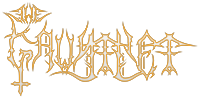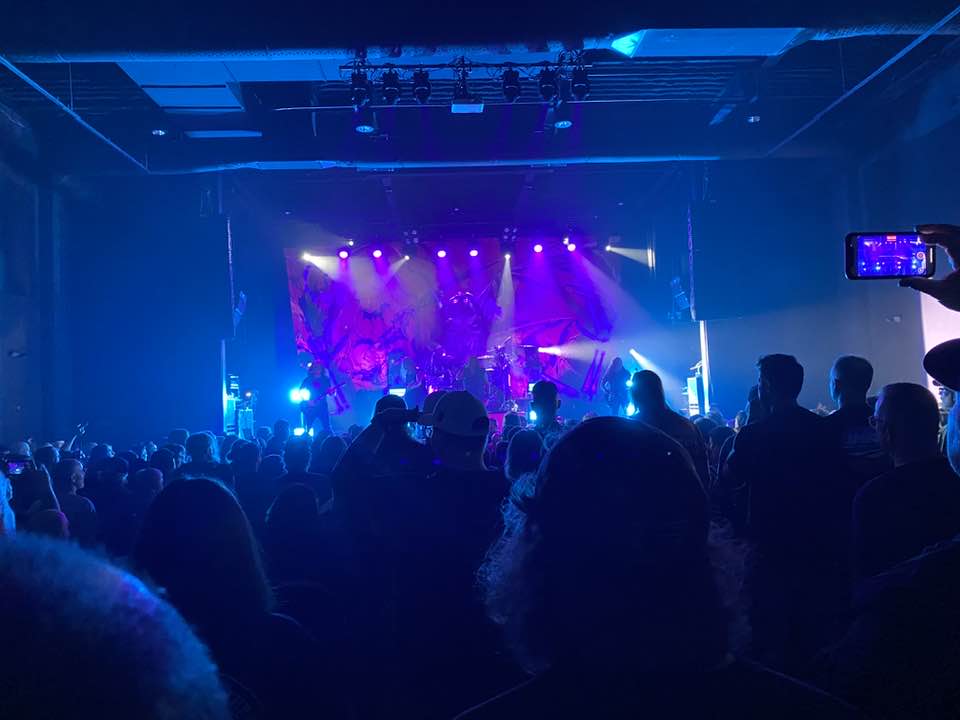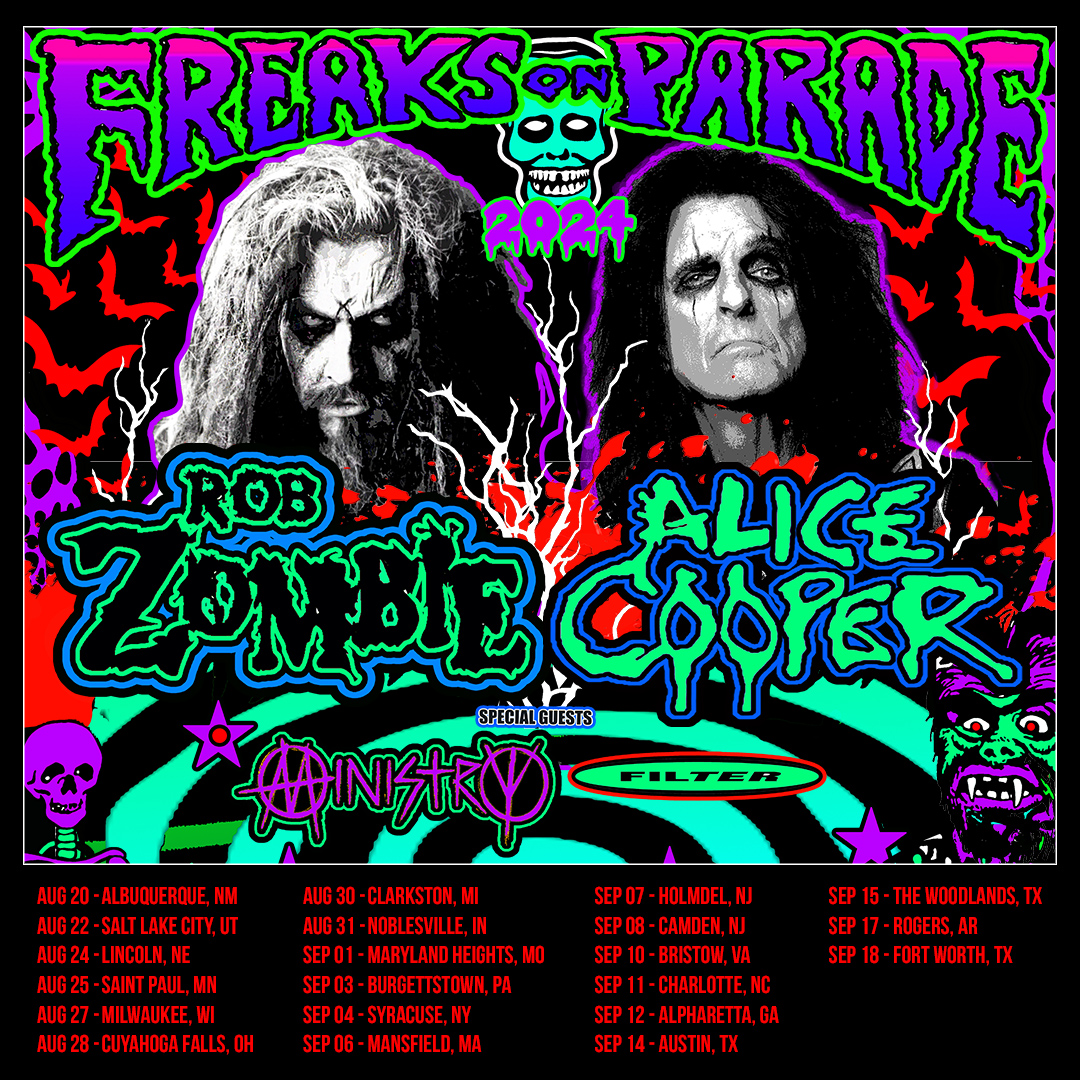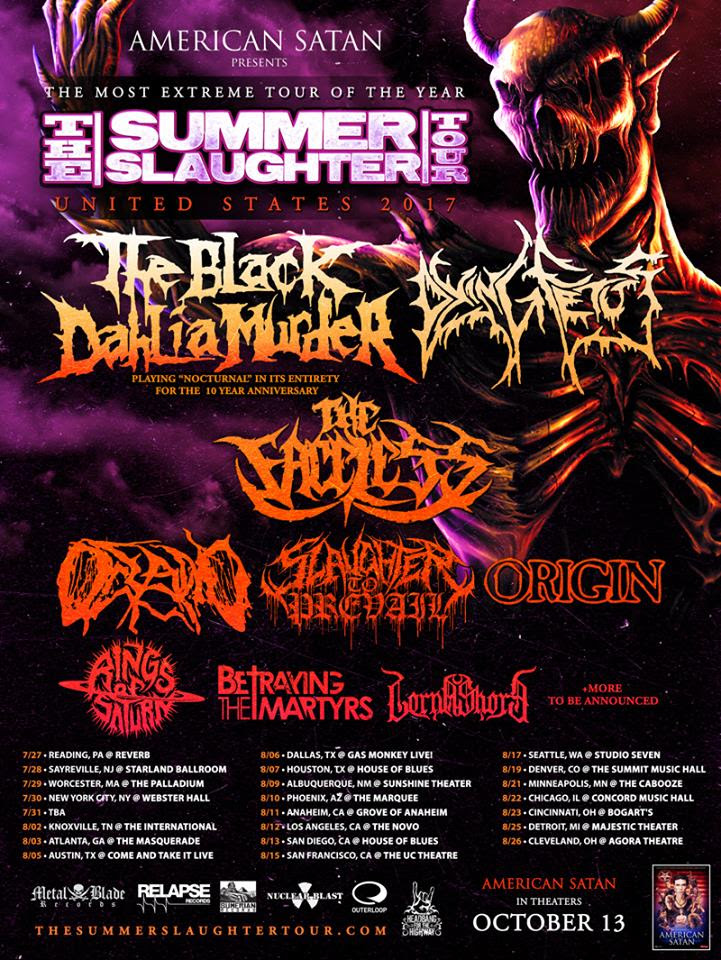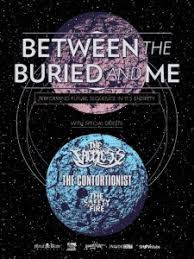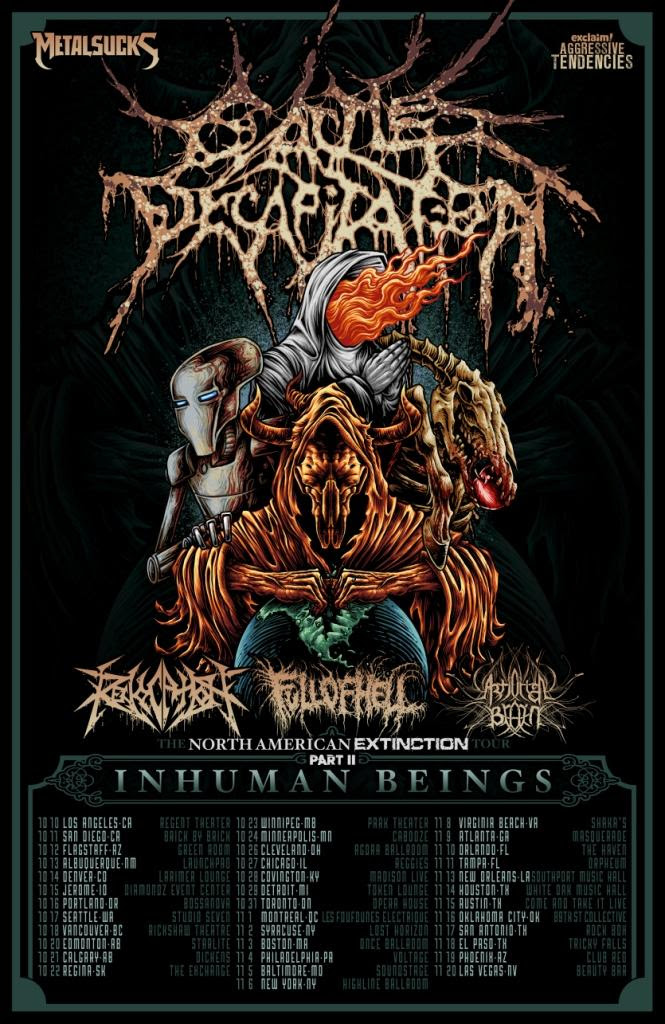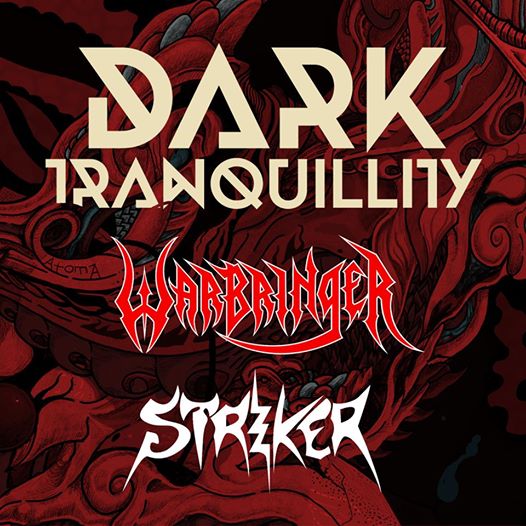Tiamat Bio

Johan Edlund - guitars, vocals & keys
Anders Iwers - bass
Lars Sköld - drums
Genres
"Skeleton Skeletron is urban music, whereas my last couple of albums were inspired by nature", explains TIAMAT mastermind Johan Edlund on the decisive difference between his latest creation and former masterpieces. Moving several years ago from the quiet wooded solitude of Sweden to the pulsating metropolis of Dortmund, Germany has given the frontman a new perspective, and his newfound environment has helped to shape his approach to the latest in a line of stellar TIAMAT releases. While their last album, A Deeper Kind Of Slumber, was more of an introspective journey within the mind and meant to be absorbed as a whole, Skeleton Skeletron takes some of those analytical elements and turns the magnifying lens outwards towards interpersonal relationships and the interactions and perceptions of others. This new album encompasses the height of TIAMAT's ambient maturity, with just the right amount of melodic hooks, muscular guitars, Johan's distinct vocal invitation, and a malevolent presence stirring just underneath the surface. With the blackened death metal arena conquered with the release of their debut, Sumerian Cry (which served as a blueprint for many black metal bands to come), the quartet began crafting their unique vision throughout the release of their next two records, 1991's The Astral Sleep and 1993's Clouds. It was this latter album, in particular, that truly marked the transcendental phase of TIAMAT, bringing in an increased amount of elements which, at the time, were unknown to aggressive music: keyboards, acoustic guitars, and an ambient feel to the vocals. The ranks of their underground following swelled so much during this time that the band could no longer feasibly be called "underground", rising into the shadows of the heavy music mainstream. However, no projections made from their incremental success could possibly predict the reaction to their 1994 epic masterpiece, Wildhoney, which erupted into a supernova of critical acclaim and fan support. The record pulled down ‘Album Of The Year' honors from both the writers and music buyers alike, with many more awards coming in 1995 (a full year after Wildhoney was actually released). The next two full years saw the band touring ceaselessly to satisfy the existing demand of fans around the world. Finally, the band had to adjourn from the touring circuit in order to begin writing new material for their fifth studio record. Well over six months were spent creating some of their finest and most fully-developed songs ever, and another two months were spent in Woodhouse Studios to ensure that A Deeper Kind Of Slumber would be worth every minute of the wait. The album once again garnered impressive worldwide acclaim, and even though it contained the darkest and most bleak material for TIAMAT at the time, it completely entranced faithful fans and gained momentum in musical styles and realms that were as of yet untouched by the band. 1999 brings us Skeleton Skeletron. It took an increased emphasis on guitars, as well as mixing in the proper keyboards and effects to properly convey the grit and cold efficiency of a big city, and that way that a thriving municipality can not only give life, but take it away. It's this symbiotic relationship with its inhabitants that gives the concrete jungle its own artificial intelligence, all of them united under the pulse of blinking neon lights, noise pollution and endless distractions. Skeleton Skeletron can be digested in pieces, but as usual with Edlund's creations, still works best when absorbed from beginning to end, and once again is most rewarding to those who are both patient and attentive to the fine details. The album opens with the monstrous "Church Of Tiamat", and quickly turns its momentum into "Brighter Than The Sun", quite possible one of the band's most infectious singles ever. The heart of Skeleton Skeletron is a dark, obsessive downward spiral that is rescued later in the album with a cover of the Rolling Stones' classic, "Sympathy For The Devil". While never breaking away from the precedents set on previous albums, TIAMAT continually find new musical ground to explore, and the journey is just as you would expect from any pioneers – daring, and seemingly treacherous at times, but continually one step closer to the promised land.
Click here to update bio
